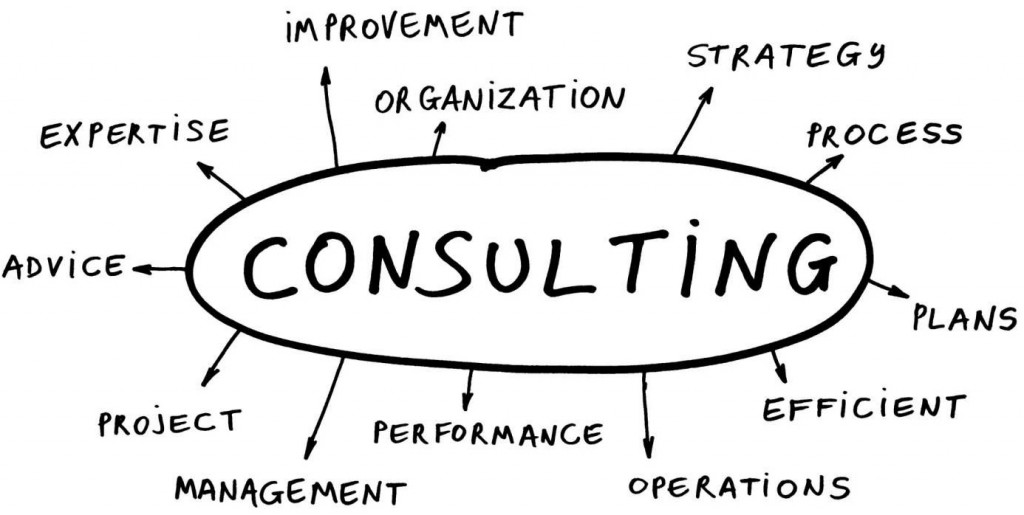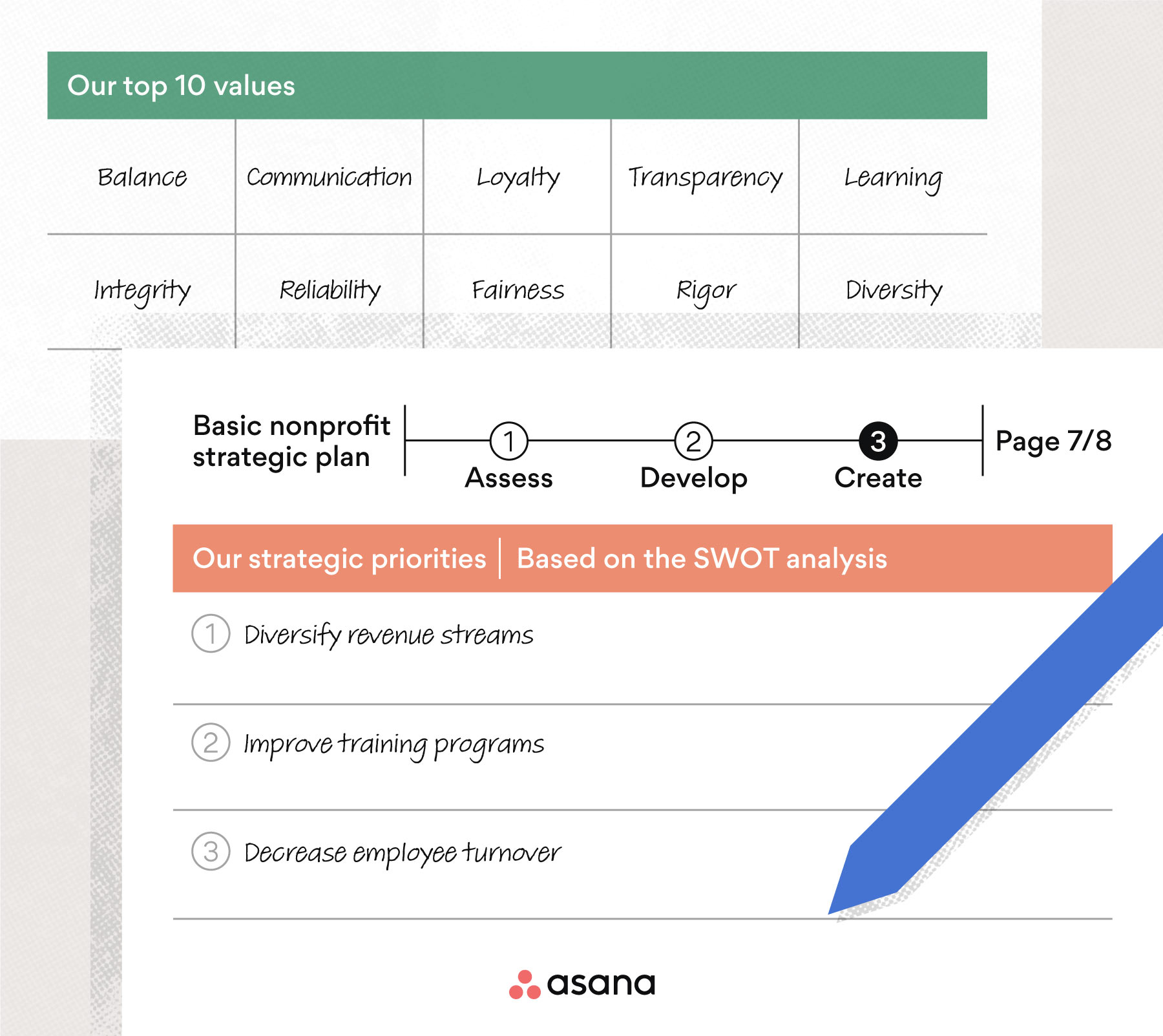
A supply chain consultant is an expert on supply chain management. He or she can assist in setting up your supply chain. A good consultant will have extensive knowledge of manufacturing as well as a deep understanding of business processes. This will help them provide a more practical approach for the project's requirements.
Career path
If you have a keen interest in how the supply chain works, you may be interested in a career as a supply chain consultant. This role involves helping to design and implement changes in areas where they are needed. This role requires considerable analytical work. Supply chain consultants must have extensive knowledge about different systems and advanced tools.
Supply chain consulting can be an exciting and rewarding career. As consultants work with clients to fulfill customer service promises and maximize profit, it can be both fulfilling and rewarding. However, it is not the best career choice for every young professional. This job requires extensive analysis and can have a direct influence on a company's operations.

Supply chain consultants can work as self-employed, for consulting firms, or as business-to-business service providers. Some accounting firms offer consulting services. Online job postings for supply-chain consultants are readily available. Supply chain consultants can move up in the ranks to higher pay and more responsibility over time. However, senior consulting positions are rare.
Education requirements
A supply chain consultant's education requirements are different. But, in general, candidates should have a bachelor’s degree. The most common major is business, although some colleges offer a special supply chain management major. Candidates can also specialize within a specific industry, such manufacturing, transportation, and government projects.
Supply chain consultants often work in a team, including production and procurement managers. They must be able to motivate and collaborate with others to reach common goals. This role involves leading a team. It is important to have leadership skills. Developing these skills will be helpful in project management and team management.
Supply chain consultants assist clients in streamlining their logistics network. They work closely with managers to determine problems and suggest ways to reduce costs and increase efficiency. They also consult with clients to evaluate their current processes and propose alternative methods. This requires them to have strong interpersonal skills as well as excellent analytical skills.

Salary
A supply chain consultant works with companies to streamline logistics, coordinating processes between multiple domestic and foreign distribution centers. This position pays an average of $60,146 per annual, but it can also range from $31,000-$89,000. They are responsible for overseeing the company's purchasing department. They also analyze historical data to identify potential vendors and suppliers of raw materials. They manage suppliers and negotiate contracts once they are in place.
There are many factors that determine the salary of a supply-chain consultant. The education and experience of supply chain consultants will influence the average salary. It also depends on where they work. The accuracy of salary figures found on salary comparison websites is not guaranteed. You should always confirm salary figures with your potential employer.
Many job titles fall under the umbrella of supply chain consultant. You can be a purchasing manager in a supply chain or you may be a separate job. These professionals are responsible for managing the purchasing policies of a company. They are responsible for helping the company reach its goals and maximising profits. The Purchasing Assistant is another important position within the supply chains. They are responsible for all administrative aspects of purchasing, including follow up with suppliers. They work in collaboration with the Supply Manager and Operations Buyer to manage the procurement process. They also have the option to work with the Transportation & Logistics Buyer. He specializes in the negotiations of transport and storage equipment.
FAQ
What type of jobs can a consultant do?
Consultant work requires a deep understanding of business strategy, operations, and other aspects. It is important to understand the workings of businesses and how they fit into society.
To be successful as a consultant, you must have strong communication skills and an ability to think critically.
Consultants should be flexible because they may be asked for different tasks at various times. They should be flexible enough to change direction quickly if needed.
They should be willing to travel extensively on behalf of their clients. This type work can take them anywhere in the world.
They also need to be capable of handling stress and pressure. Consultants may need to meet strict deadlines.
Consultants are often expected to work long hours. You may not get overtime pay.
Can anyone be an advisor?
Consultants are people who help you reach your goals by giving advice about how to make it better, faster, or cheaper.
Consultants can help you resolve problems, make decisions, and negotiate with other people.
Consultants can be hired to assist with specific tasks or projects.
Actually, most consultants get paid hourly and daily rates, rather than per-project.
Can consulting be considered a real job?
Consulting is not only an entry-level profession for those looking to make fast money, but it's also an excellent way to acquire valuable skills that you can apply throughout your career.
Consulting offers various opportunities from project management, business development, strategy, training, and leadership roles. You could find yourself working with small start-ups and large international corporations.
You can develop your skills and gain experience in a variety of industries by consulting. This could mean learning to manage teams, negotiate contracts, write proposals, manage budgets, analyze data, create presentations, conduct market research, and much more!
Statistics
- Over 50% of consultants get their first consulting client through a referral from their network. (consultingsuccess.com)
- According to statistics from the ONS, the UK has around 300,000 consultants, of which around 63,000 professionals work as management consultants. (consultancy.uk)
- WHY choose me: Why your ideal client should choose you (ex: 10 years of experience and 6-week program has helped over 20 clients boost their sales by an average of 33% in 6 months). (consultingsuccess.com)
- So, if you help your clients increase their sales by 33%, then use a word like “revolution” instead of “increase.” (consultingsuccess.com)
- According to IBISWorld, revenues in the consulting industry will exceed $261 billion in 2020. (nerdwallet.com)
External Links
How To
How do you find a good advisor?
It is important to understand what you are looking for in a consultant before you can find one. Are you looking for them to improve the performance of your website? Do you want them to optimize your site to rank higher in search engines? Perhaps you simply need someone to tell you if your current host provider is having issues. You need to know what kind of services you want, and then you can begin looking at other companies. Although there are many consultants who claim to offer these services, very few of them can actually provide the required results. How can you pick the right one? These are some things you should consider when choosing a consultant.
-
Get recommendations. This is the best method to find a consultant. Hire someone you don't know because they're likely to charge too much. You also don't want someone with a poor reputation to work for you. If you are lucky enough to be referred by people you trust, that's awesome! However, even if this is not possible, you might still be able check reviews online. Look for testimonials and case studies where clients have used your service.
-
Ask around. Many people aren't aware that they could benefit from hiring a consultant. They think that since they're currently doing fine, they don't need to make changes. This is often incorrect. Even if you are seeing great results, it is likely that you have not been keeping up to date with technology and trends. Relying on outdated methods will prevent you from maximizing your potential for growth. It's worth asking your friends and family for recommendations to help you find the right consultant.
-
Verify their qualifications. When you're looking for a consultant, it doesn't matter whether you're building a small blog or launching a multi-million dollar eCommerce store; you want to be sure that whoever you hire has the skills needed to handle your project. You must ensure they have the necessary skills and qualifications to carry out the tasks.
-
Find out which projects they are best at. It is a common misconception that everyone can manage everything. Some areas require specific types of training or education. You wouldn't hire someone who can build a WordPress theme if they aren't experts in Drupal. It is the same for programming languages, graphic design, and so on. Be sure to ask what kinds of projects they typically work on.
-
You should know their prices. As we said, you don't want to pay too much for a consultant. But you also don't want to pay too little either. There are many types of consultants. Some consultants bill by the hour, while others charge per project. It's cheaper to know upfront what you are paying than later.
-
What do they offer? Are they providing free consultations? Can they provide advice on how to setup your own system? Is it possible to be sure that your site ranks higher when you work with them You can cancel the consultation without penalty if your opinion is not what you wanted.
-
Finally, find out if they offer discounts for multiple months or years. Many consultants offer discounted pricing for extended periods of time. While you don't necessarily need to commit for a whole year, you can still take advantage of any deals that they offer.